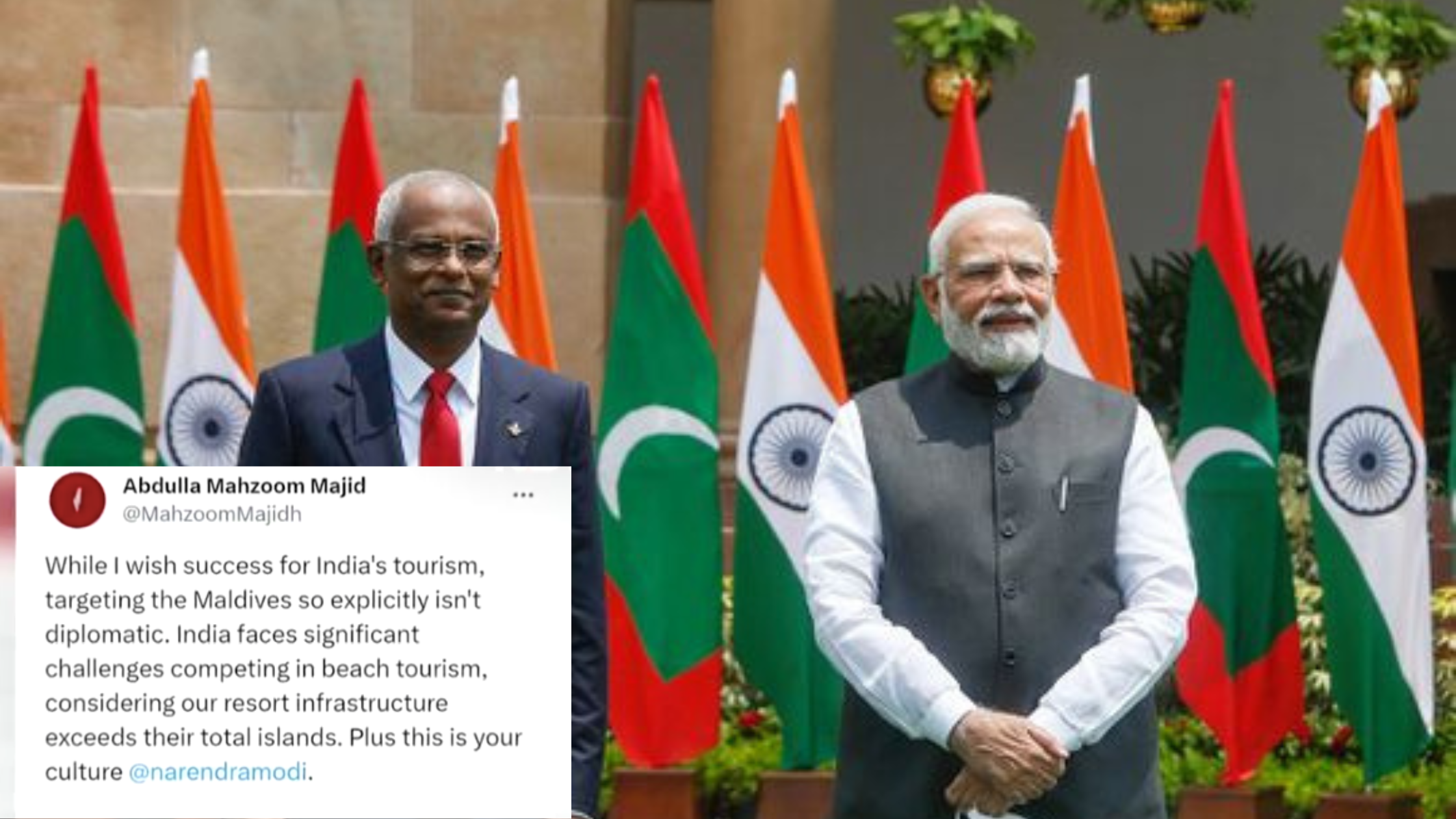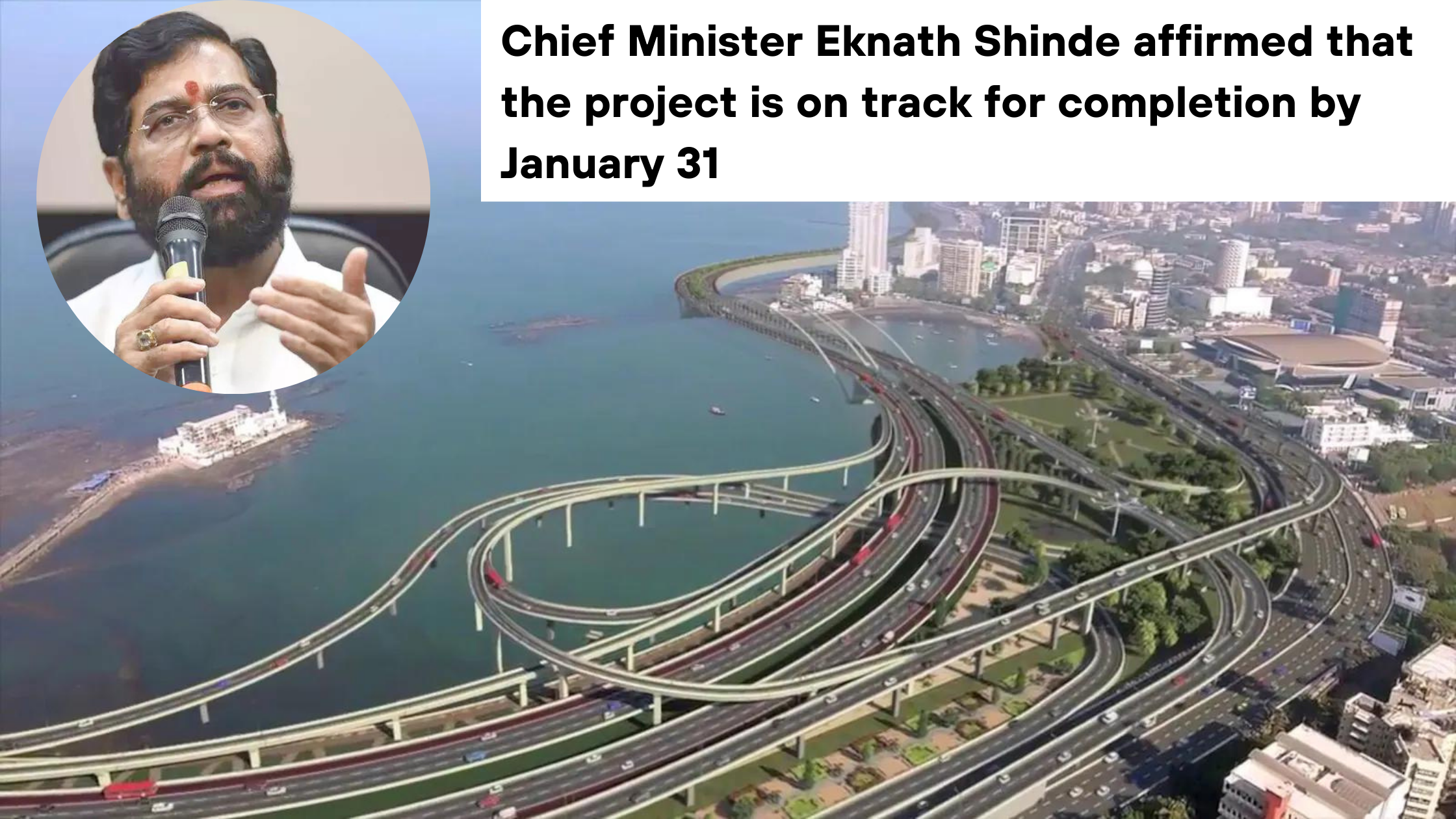Maldives vs Lakshadweep: Tourism Fallout as Boycott Gains Momentum
Maldives vs Lakshadweep trend dive into the diplomatic storm impacting Maldives tourism as calls for #BoycottMaldives rise. Discover how Lakshadweep emerges as an alternative amidst social media uproar.
Maldives vs Lakshadweep controversy and the potential repercussions on the tourism industry
In a surprising turn of events, the picturesque islands of the Maldives find themselves amid a potential tourism crisis as a social media feud escalates, sparking calls for a Maldives vs Lakshadweep tension.
Social Media Backlash:
A series of posts on Indian Prime Minister Narendra Modi‘s account triggered the diplomatic row. The posts, showcasing his activities in Lakshadweep, fueled speculation of a veiled attempt to divert tourists from the Maldives.
In addition to the scenic beauty, Lakshadweep's tranquility is also mesmerising. It gave me an opportunity to reflect on how to work even harder for the welfare of 140 crore Indians. pic.twitter.com/VeQi6gmjIM
— Narendra Modi (@narendramodi) January 4, 2024
Tourism Revenue Plunge:
Ankit Chaturvedi, VP of Rategain, reports a 40% drop in Maldives bookings within two days. This dip in tourism comes amid calls for a boycott by Indian travelers and started Maldives vs Lakshadweep war, impacting the Maldives’ tourism revenue significantly.
EaseMyTrip Suspends Bookings:
As reports of canceled trips flood in, EaseMyTrip, a leading Indian travel booking website, takes a bold step by suspending flight bookings from India to the Maldives.
Lakshadweep’s Unexpected Spotlight:
The diplomatic dispute inadvertently places Lakshadweep in the global spotlight. The Indian archipelago, previously lesser-known, gains attention as an alternative travel destination amidst the controversy.
Maldives’ Popularity Shift:
Despite being the preferred playground for India, the Maldives witnesses a shift in visitor demographics. In the first week of January, more British travelers and twice as many Italians visit the Maldives compared to Indian visitors.
Potential Economic Impact:
Exact losses are challenging to estimate, but with India contributing $380 million to Maldives’ tourism in the previous year, the ongoing boycott poses a significant economic threat to the island nation.
Geopolitical Dynamics:
The diplomatic row is rooted in political dynamics, with Maldives President Mohamed Muizzu‘s “India out” policy and a recent state visit to China contributing to strained relations with India.
Social Media Insults Escalate:
Maldivian officials engage in online insults against PM Modi, leading to their suspension. The offensive remarks escalate tensions and contribute to the fervor surrounding the boycott.
Lakshadweep as an Alternative:
Travel agents in India actively promote Lakshadweep, scrubbing Maldives from their offerings. The Indian archipelago becomes a recommended alternative for travelers seeking pristine beaches and coral reefs.
Domestic Travel Trend:
In response to the controversy, hashtags like #ExploreIndianIslands have gained traction. Calls for domestic travel within India intensified, potentially having a more enduring impact on the travel industry.
As the Maldives navigates through this challenging period, the evolving dynamics underscore the interconnectedness of geopolitics and the travel industry, shedding light on unexpected winners and losers in the global tourism landscape.
Geopolitical Sensitivity in Travel:
The incident underscores the sensitivity of the travel industry to geopolitical affairs. The digital realm’s power to shape public opinion and influence travel decisions emphasizes the need for diplomacy in an era where a single online post can sway the tourism landscape.
Collaborative Tourism Solutions:
In the face of these challenges, collaborative efforts between nations and tourism stakeholders become crucial. Diplomatic channels need to engage with the travel industry to mitigate the fallout and explore avenues for a harmonious resolution that benefits both the Maldives and Lakshadweep.
Sustainable Tourism Amidst Controversy:
The Maldives vs Lakshadweep incident raises questions about the resilience of the tourism industry in the face of unexpected controversies. It also prompts a reflection on the importance of sustainable tourism practices that can withstand geopolitical disruptions, ensuring the long-term well-being of destinations.
In conclusion, the Maldives vs Lakshadweep saga serves as a stark reminder of the intricate interplay between international relations and the travel industry. The evolving narrative will undoubtedly shape the future trajectory of these island destinations, influencing not just their immediate fortunes but also their long-term standing in the global tourism arena.
Also Read: Maldives Minister Sparks Diplomatic Debate on PM Modi’s Lakshadweep Visit



